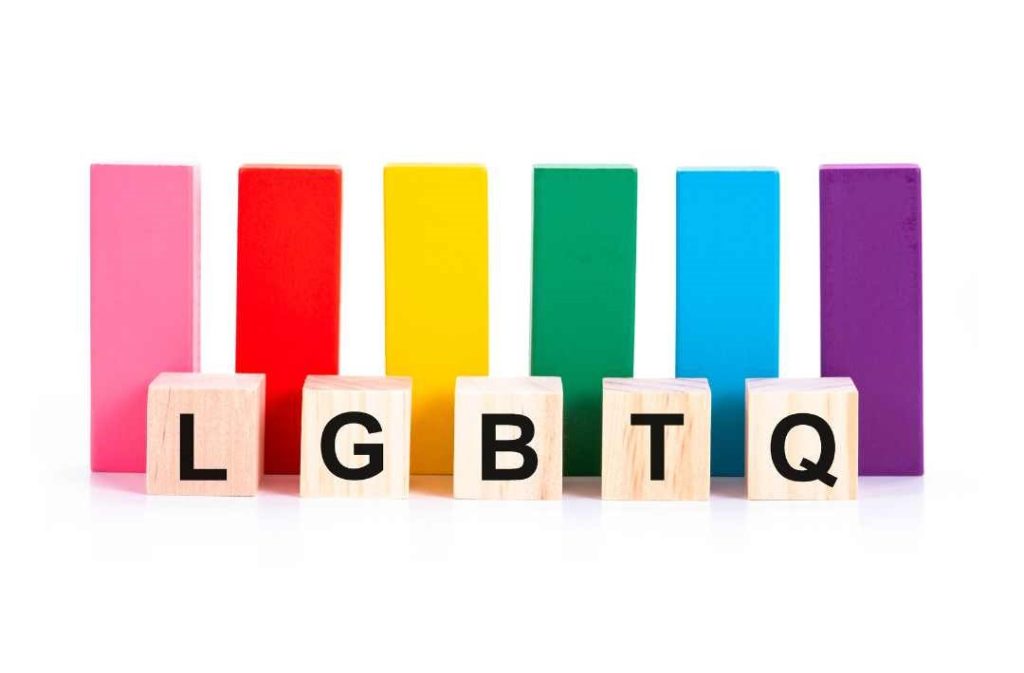The recent dialogue emanating from Africa concerning sexual orientation rights is edifying.
Notably, the presidents of Uganda and Rwanda, among others, have made it clear that the promotion of LGBTQI rights has no place in those said territories and, possibly, continental Africa. It is appropriate to highlight certain aspects of the discussion.
Firstly, Uganda President Yoweri Museveni has provided an interesting argument concerning his stance against LGBTQI rights in Uganda.
In this regard, President Museveni states that ‘Western powers’ are attempting to ‘universalise an irregularity’ by promoting the LGBTQI agenda and trying to expand it to Africa.
This is because the LGBTQI ideology, in essence, represents various incongruities between a person and his/her biological makeup and is therefore to be scientifically acknowledged as an irregularity. Accordingly, such a movement should be treated and suppressed, rather than promoted.
This was the response to criticisms by Europe and the United States, among others, towards President Museveni’s support of an anti-LGBTQI bill.
Next, Rwanda President Paul Kagame also provided a strong stance against LGBTQI rights in Rwanda. President Kagame posed the question: ‘Who determines values?’ He said that the US should not be viewed as the sole creator/ promoter of ‘values’.
Values, in this context, mean moral standards that should be adhered to. In this regard, President Kagame said that Rwanda’s values (against LGBTQI rights) are just as valid as the US’, and are to be recognised.
This argument presents a useful outlook for other countries, including smaller, developing ones. It shows the difference between ‘norms’ and ‘values’.
Evidence of a practice in another country (the US) or community (The European Union) should not necessarily constitute a value. It should be viewed as a norm.
A value must, to some degree, represent the internal culture and opinions of a country to constitute such a classification. Essentially, international norms, in general, must be negotiated with the internal standards of a country before they can be classified as values.
Nicholas Maharaj
St James



Responses